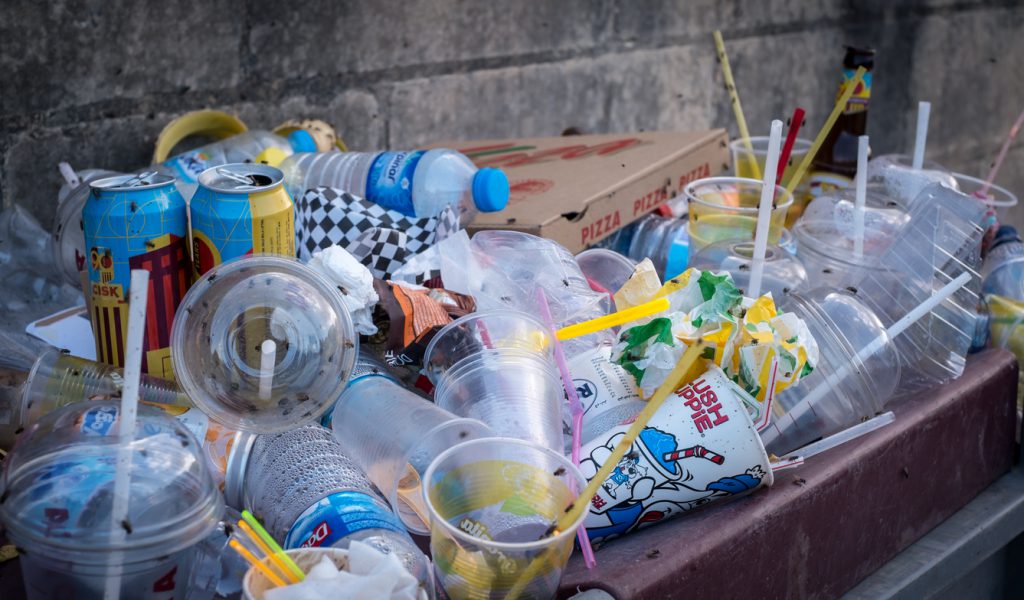The way forward on waste management

Four years into the nationwide scheme to separate domestic waste, the government has embarked on a number of changes meant to make the entire project more efficient. For this reason, it was decided to do away with the different waste collection schedules whereby each and every council use to designate specific days for particular kinds of waste, in favour of a centralised model. The move made perfect sense as it makes no sense for our geographical size to have 68 different waste collection rosters. It is worth mentioning, however, that when the scheme was launched in 2018, the government had been warned that the lack of uniformity under the guise of local autonomy made no sense and would prove to be a nightmare for enforcement. Keeping in mind the hundreds of roads ‘bordering’ localities, trying to decipher which roster applies to which household was an ordeal in itself. The situation is compounded further in touristic areas, where it is next to impossible to get a hang of the situation in just a few days. Yet it took four years to rectify this situation.
Looking at the bigger picture, however, there are still some questions which to date have not been answered. Given than a significant amount of households are not disposing of their waste properly, how are the authorities enforcing repeated offenders? Why was the idea of barcoded waste bags identifying the respective househould shot down immediately? What controls are being placed on the catering industry and businesses which produce huge amounts of waste, especially organic? What measures are being taken to encourage waste separation at mass events? How is the bulky refuse which is collected in skips being disposed of?
Leaving all of these pertinent questions pending will not help to reach the ultimate goal which is to reduce waste generation, separate at source and recycle as much as possible. Furthermore, let us hope authorities will not take the road of being strong with the weak, and weak with the strong. Any attempt to clamp down on offenders which is only limited to households but not businesses would be an injustice.
Meanwhile, the bottle recycling scheme is now up and running. So far results have been mixed. While this project has already translated in the collection of millions of containers which is a huge success, the scheme has raised many questions. For those who remember similar models which were in place for the collection of soft drink glass bottles, it is unconceivable why the BCRS scheme relies completely on technology. Why not have a system whereby plastic bottles and cans can just be deposited in shops or specific spots rather than have to go through the ordeal of keeping containers in mint condition, storing them at home, and having to scan them one by one… (and hope the machine is functioning or not full up)? Is the scheme operator bound by set targets in terms of the number of containers collected? What happens to the 10c deposit collected in case bottles are not recycled and hence the amount is not refunded?
Efforts to reduce, reuse and recycle are to be commended but success ultimately depends on whether the people are on board. Clearly, as long as certain questions remain unanswered there is risk that efforts will go to waste.
